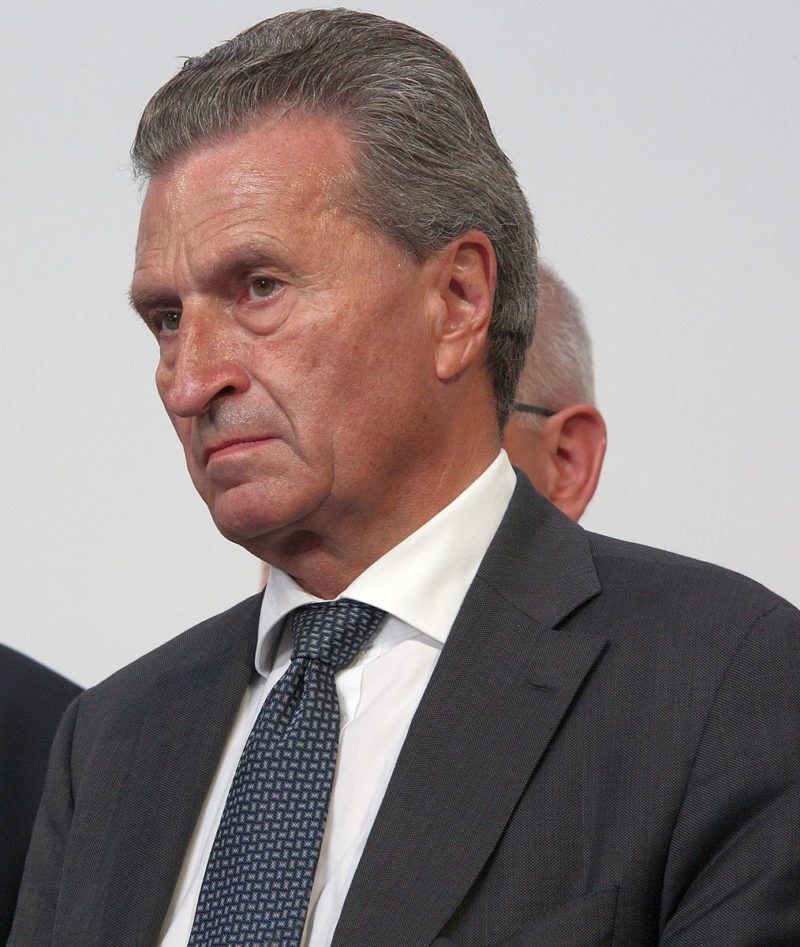Markets, investors, and funds that finance government bonds are increasingly unsettled. In the United States, national debt is growing beyond limits; an almost unmanageable burden combined with tax cuts that cannot be offset by punitive tariffs.
The United Kingdom is struggling with similar problems, and in the eurozone too, reliance on debt financing is on the rise. France, Greece, Italy – and even Germany – are increasingly trying to meet their obligations by taking on new debt.
France is particularly critical. Without a functioning government, the country will once again take on around 6% of GDP in new debt next year. France is too large to be effectively supported by the ESM or the ECB. Any intervention by the ECB acts as an accelerant for Le Pen and the AfD.
This is not just about fiscal policy, but about the political capacity to act of the EU’s second-largest member state – and thus of the entire eurozone.
The security policy challenges are equally dramatic. In Strasbourg, Ursula von der Leyen made dramatic statements in her “State of the Union” speech after it became clear that 20 drones had landed on Polish territory from Belarus. This was no accident, but a deliberate provocation. Putin is testing whether the EU and NATO can act militarily capable and in solidarity in the event of a crisis. Poland’s Prime Minister Donald Tusk has invoked Article 4 of NATO – a warning signal for Europe!
The next years will be dominated by two questions: military strength and economic competitiveness. In both areas, Europe is alarmingly weak.
While the United States secures its energy supply with “drill baby drill” and cheap global energy sets the tone, we in Germany are paying the highest energy prices. LNG imports (fracking gas) from the US, expensive underground cables instead of overhead lines, and a failed energy transition are massively burdening our competitiveness. Cost reductions are not even discussed – only higher state revenues, wealth taxes, and more debt. The courage for real reform is lacking.
Without economic strength and military strength, Europe lacks the foundation for sovereignty. Europe remains dependent – on the US for security, and on global markets for the economy.
Perhaps the current situation is a reason to pause and reflect more deeply. Perhaps now is the moment to initiate a true European turning point – for innovation, for economic competitiveness, and for military strength. It may take ten years – but every day we remain idle is a lost day. While the world economy grows by about 3% annually, China by up to 5%, the US despite Trump by 2.5%, and India by 6 to 7%, Europe stagnates at 1%. Germany is already in recession for the third consecutive year (-0.5%). The numbers do not lie. This is the big picture that has been brutally brought before our eyes in recent days with the ousting of Prime Minister Bayrou, and thus the political and economic weakness of France, as well as the drones over Poland.
Europe is powerless
The US exports to Europe tariff-free. Under Trump’s pressure, Europe accepted 15% punitive tariffs, significantly higher on steel, aluminum, and copper. On Trump’s golf course, Europe agreed like a teacher’s pet. Since Europe’s security depends on the US, it has accepted the conditions of an autocrat.
Developments on the bond markets are also alarming. Under Wolfgang Schäuble, German government bonds still yielded 0.5% – a sign of stability and security. Today, Germany pays 2.5% interest, France 3.5%, the UK 4.6%. Rising costs of government bonds are also driving up yields for corporate bonds. As a result, financing, loans, and investments for the economy are becoming significantly more expensive.
The picture that is emerging is bleak. Europe is still not willing to Europeanize the defining questions. Instead, we lose ourselves in debates about side issues, focusing on trivialities while still failing to recognize the defining questions of our time.
I am deeply concerned.
But it is precisely now that we need people who are willing to take responsibility for Europe. United Europe brings together business, science, and politics to work out answers to these defining questions.
If you are convinced that Europe must become stronger, more capable of action, and more sovereign, then support us. Together, we can help make Europe future-ready.



